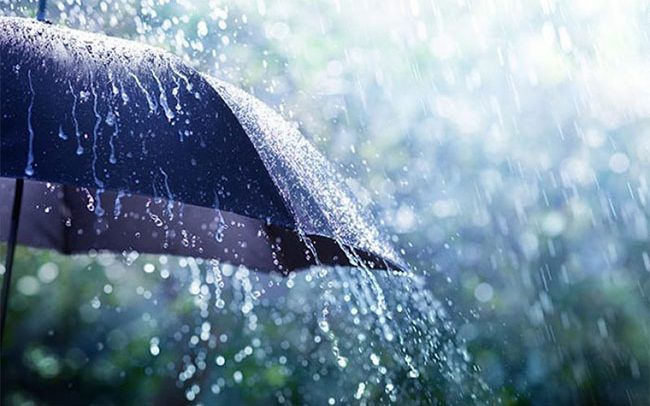It is the rainy season again.
Generally, it is a season believed to have lessened the economic hardships, especially in our part of this world. Rainy season would mean, more crops, vegetables and fruits would flourish and a sign of bumper harvest in the coming days.
Thus almost all kinds of foods friendly to this season will be in abundance and available at cheaper prices. Presumably, the ‘low-cost-living’ prayer is being answered from one angle.
Every year, in Ghana, the narrative of the good news that the rainy season brings is also a nightmare for some others. Flood comes into the picture almost every time despite the fact that farmers embrace its positivity.
This season is perhaps a season of two halves: – a good time for farmers to get to business and good times for NADMO to make donations to flood victims. This natural occurrence, which has led to loss of lives and economic damages in many countries, has not spared Ghana either.
On June 3, 2015, Ghana’s capital city, Accra experienced an unmatched flash flood which was accompanied by an explosion at a GOIL filling station at Circle, resulting in the death of over 152 people. It is conscionable to say that this can happen again if care is not taken.
It is already six years into the tragic incident and we appear to be at standstill. The intensity of rainfall events in the eight drainage sinks in Accra, namely Kpeshie, Korle, Densu, Sakumo, Lafa, Osu, Songo Mokwe and Chemu, continue to cause floods in the city.
This natural disaster keeps occurring any time it rains heavily since the time of biblical Noah to date, and flood is still posing a serious challenge to countries across the globe.
Ghana has agencies such as the Ministry of Works and Housing, Metropolitan, Municipal and District Assemblies as well as the Town and Country Planning yet the country has not been able to solve the issue of floods.
Accra seems to be more susceptible to flooding and the city has been slammed many times in the aftermath of the deadly disaster at Kwame Nkrumah Circle.
Experts have argued that the flood occurs as a result of poor drainage system, improper waste management, poor structural settlement, and poor hydraulic performance of the basins in Accra.
It is therefore necessary to remind ourselves of the causes of floods in Accra and recognize how we have managed it. It is time to do new things to prevent reoccurrence of this natural phenomenon.
Flooding is a natural disaster and can happen at any time at any place. Erosion and sedimentation contribute to this. The effect of flood is palpable to the eye: washing away portions of road, gullies and erosion.
Some people whose houses are close to rivers and drains have not been spared as they have blocked the watercourse.
What is more, some of our compatriots continue to dump refuse into gutters that tend to choke the free flow of water. The Korle Lagoon is clogged with all manners of refuse, thereby silting it up and reducing its capacity of accommodating flood waters.
We can minimize the effect of floods by desisting from these uncivilized behaviours of putting up structures on waterways and dumping of refuse into drains.
The government also has a role to play. Construction of storm drains, pulling down unauthorised structures and pushing offenders found guilty of the law could help us address floods.
Let’s try to make the rainy season a positive story for the national economy.
By Celestine Yanney Nyaba (GIJ intern)


